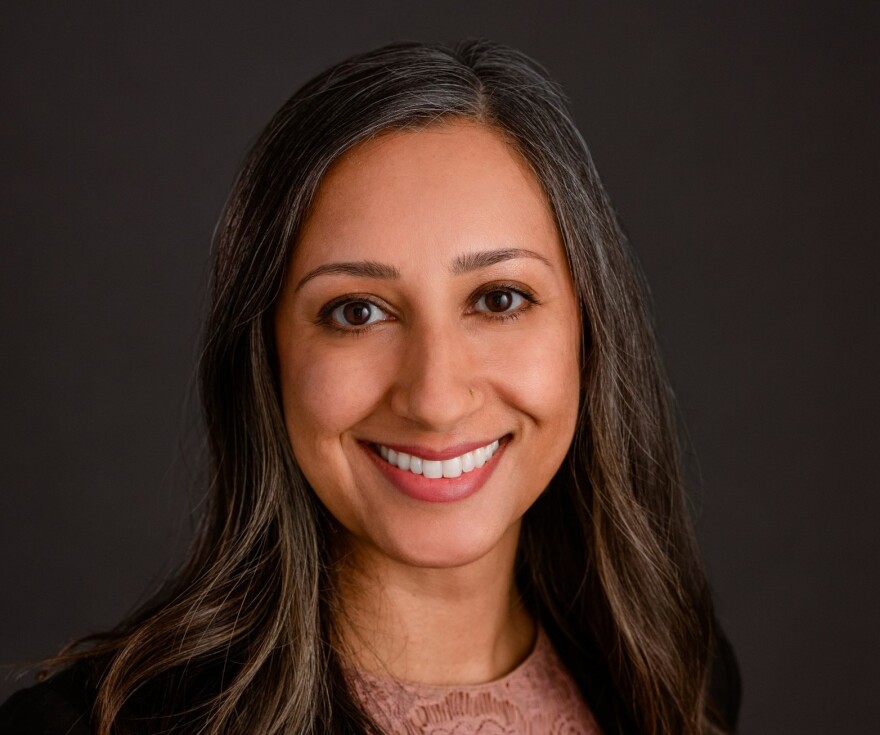After being incarcerated, finding a job that pays enough to support a family is sometimes enough to keep people from going back. But sometimes, the licensing process for certain occupations can be a deterrent, according to Sadaf Knight, CEO of the

Barriers to the Process
Seminole County Rep. David Smith recently filed a bill that aims to help people gain an occupational license after they’ve been incarcerated.
HB 1443 would make it so applications for a license, permit or certification can only be denied based on an applicant’s criminal record under certain circumstances, like if the job they’re applying for is directly related to past convictions.
Knight said the current process creates several barriers.
"One is that there's often a permanent ban for people who have been convicted of a felony in the first degree, or a capital felony or a felony involving money laundering, or embezzlement," she said. "Second, there's a disqualifying period of either seven years or 15 years, depending on what your past conviction was about."
The Florida Policy Institute also reports other restrictions like the 'good moral character' clause.
"Licensing boards have pretty broad power to determine if a person has good moral character and what that means," said Knight. "And use that to define or decide whether they will grant an occupational license or not."
Impact on Recidivism
Recidivism refers to the tendency of a person convicted of a crime to reoffend.
Knight said rearrest rates could drop by 5% if Florida were to deregulate 10% of its licensed occupations.
"Overall, what it means is that being able to access economic opportunity after you serve your time, and you're coming back to your community is a key part of keeping people from getting rearrested or going back to prison."
Florida released approximately 93,000 people from prison between fiscal year 2015 and 2018, and at least 40% of those people were convicted of crimes that could potentially disqualify them from pursuing certain occupational licensing for 15 years, according to Knight.
"That's a long time for someone to have to wait to be able to access a license and get a job."
Impact on the whole community
It should matter to all of us whether our friends, neighbors, and fellow community members are able to take care of themselves, according to Knight.
"Our communities are built by all of us individually and together. And so when we have people in our communities who are struggling to build a life for themselves after serving time in prison, that does have an impact on all of us, because that person is a part of the fabric of our communities."
Knight said for someone who has been incarcerated, being able to move beyond their past convictions, allows people the opportunity to become functional and productive members of our society, which is good for everyone.





